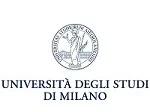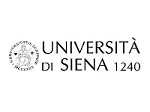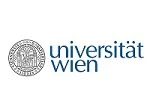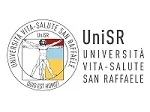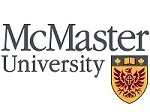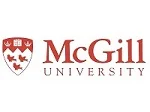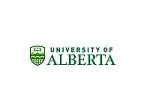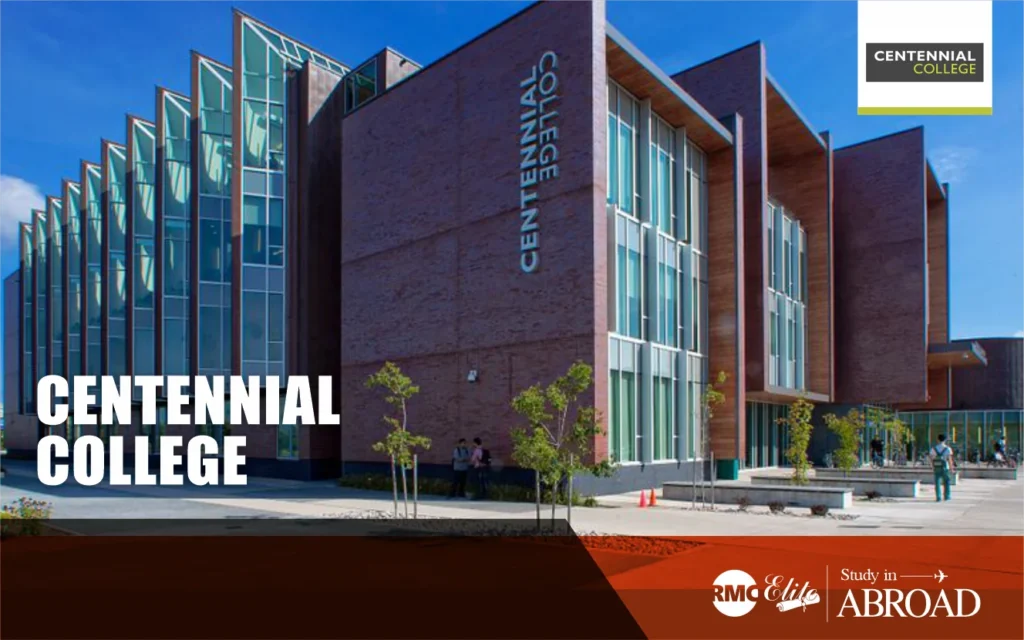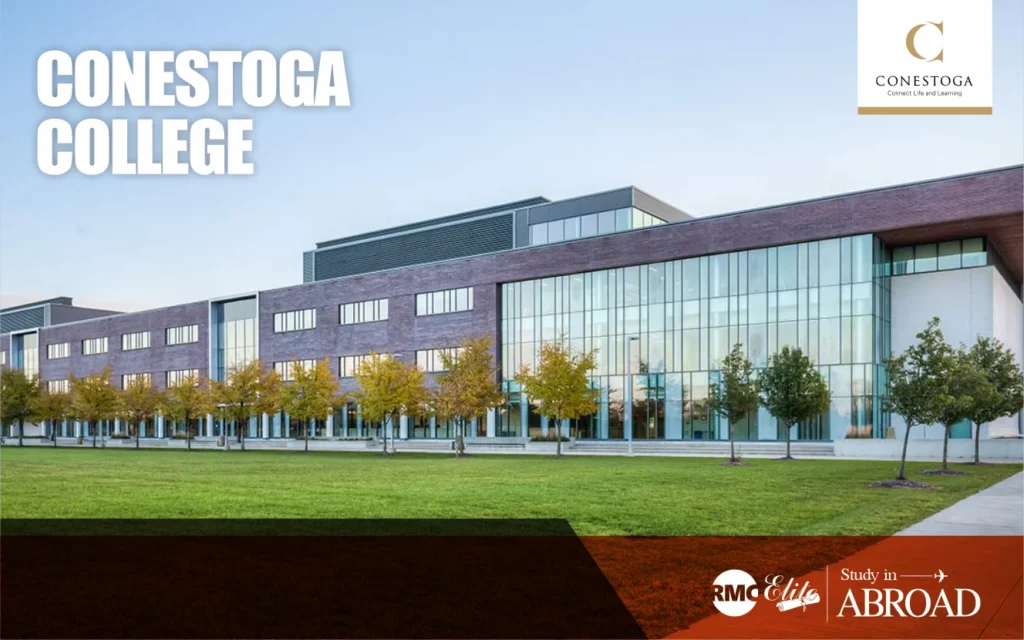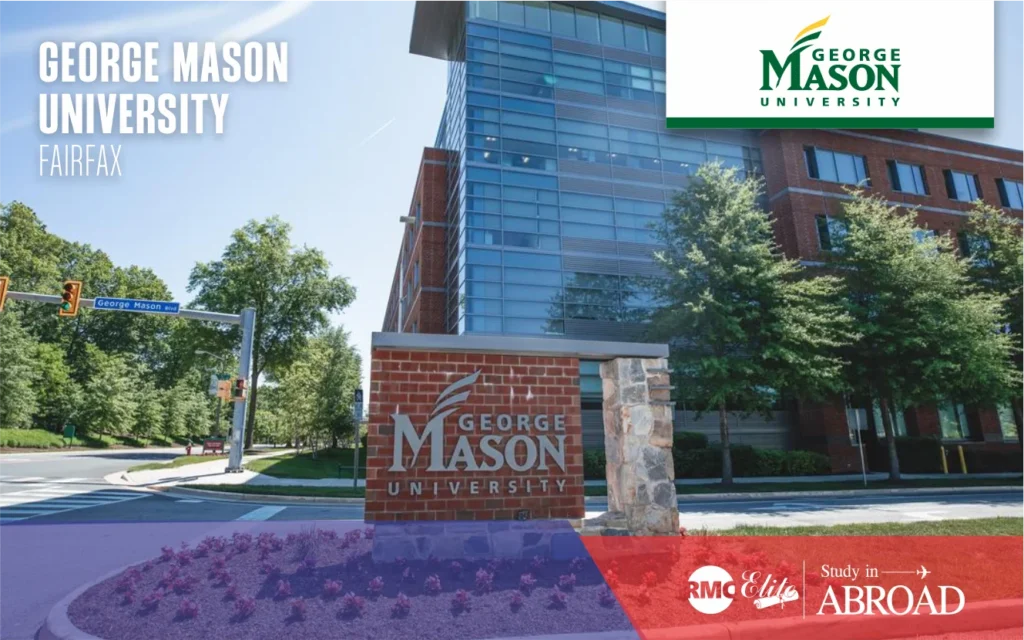
About Johns Hopkins University
Johns Hopkins University is a private research university located in Baltimore, Maryland. It was founded in 1876 and named after its first benefactor, philanthropist Johns Hopkins. The university is widely recognized as a pioneer in American higher education, having established the country’s first research university and the model for modern research universities. It is consistently ranked as one of the top universities in the United States and the world. Johns Hopkins offers undergraduate, graduate, and professional degree programs through its nine academic divisions, including the highly ranked Schools of Medicine, Engineering, and Advanced International Studies.
johns hopkins university is known for its strong commitment to research, innovation, and entrepreneurship, and has produced numerous Nobel laureates, Rhodes scholars, and MacArthur fellows. The university was named for its first benefactor, the American entrepreneur, and Quaker philanthropist Johns Hopkins. In 1900, Johns Hopkins became a founding member of the American Association of Universities. The university has led all U.S. universities in annual research expenditures over the past three decades. Johns Hopkins is organized into 10 divisions on campuses throughout Maryland, including Laurel, Rockville, Columbia, Aberdeen, California, Elkridge, and Owings Mills
Why Study in Johns Hopkins University?
Johns Hopkins University is known for its strong academic programs and research opportunities in fields such as medicine, public health, engineering, and the social sciences. It is consistently ranked among the top universities in the United States and the world, attracting top faculty and students from around the world. JHU also offers a diverse range of programs, resources, and extracurricular activities, providing students with a well-rounded education and a supportive campus community. This is still a destination for excellent, ambitious scholars and a world leader in teaching and research. Distinguished professors mentor students in the arts and music, humanities, social and natural sciences, engineering, international studies, education, business, and the health professions. Those same faculty members, along with their colleagues at the university’s Applied Physics Laboratory, have made us the nation’s leader in federal research and development funding every year since 1979.
That’s a fitting distinction for America’s first research university, a place that has revolutionized higher education in the U.S. and continues to bring knowledge and discoveries to the world.
Johns Hopkins University Fees Structure
The fee structure of Johns Hopkins University varies depending on the program and school. Tuition fees for the 2021-2022 academic year for undergraduate students range from $53,740 to $59,160, while graduate program fees range from $1,840 to $74,560 per year. Other fees, such as room and board, transportation, and personal expenses, may also apply. It’s best to visit the university’s website or contact the school’s admission office for a complete and up-to-date cost estimate.
Eligibility Criteria to Study at Johns Hopkins University
To be eligible for admission to Johns Hopkins University, prospective students must meet the following requirements:
- Application: All applicants must complete and submit an online application, including a non-refundable application fee.
- High School Transcripts: All applicants must provide official transcripts from all high schools attended, including grades for all courses taken and any standardized test scores.
- ACT or SAT Scores: Most applicants must submit ACT or SAT scores. The Johns Hopkins University considers either the ACT or the SAT, and applicants are free to submit scores from whichever exam they prefer.
- Essays: Some applicants may be required to submit essays as part of the application process. Essays help the admissions committee better understand the applicant’s background, interests, and goals.
- Letters of Recommendation: Some applicants may be asked to submit letters of recommendation from teachers, counselors, or other individuals who know the applicant well.
- International Student Requirements: International students must meet additional requirements, including providing proof of English proficiency (TOEFL or IELTS scores), transcripts translated into English, and financial documents demonstrating the ability to pay for college.
It is important to note that admission requirements may vary depending on the program of study and the student’s individual circumstances. Johns Hopkins University encourages prospective students to review the specific admission requirements for their desired program on the university’s website.
The Johns Hopkins University is a selective institution and admission is competitive. The admissions committee considers a variety of factors when evaluating applicants, including academic performance, standardized test scores, essays, letters of recommendation, and extracurricular activities.
Johns Hopkins University Facilities
Johns Hopkins University (JHU) has several facilities for its students, faculty, and staff, including:
- Academic buildings: Johns Hopkins University(JHU) has a number of academic buildings for various departments, including the Bloomberg School of Public Health, Whiting School of Engineering, and Krieger School of Arts and Sciences.
- Libraries: Johns Hopkins University(JHU) has several libraries on its campus, including the Milton S. Eisenhower Library and the Brody Learning Commons.
- Student Centers: Johns Hopkins University(JHU) has student centers on its Homewood campus and the Medical Campus, offering spaces for students to study, socialize, and participate in events.
- Athletics facilities: Johns Hopkins University(JHU) has several athletic facilities, including the O’Connor Recreation Center, the Decker Sports and Recreation Center, and the Homewood Field.
- Residence halls: Johns Hopkins University(JHU) has several residence halls for students, including traditional and apartment-style options.
- Medical facilities: Johns Hopkins University(JHU) has a number of medical facilities, including the Johns Hopkins Hospital and the Kennedy Krieger Institute.
These are just a few of the many facilities available at JHU, aimed at providing students with the resources they need to succeed academically and personally.
The Admission Process at the Johns Hopkins University
The admission process at Johns Hopkins University typically involves the following steps:
- Application: Submit a completed online application, including personal information, academic background, and essays.
- Test scores: Submit your ACT or SAT scores. The university also accepts standardized test scores from the International Baccalaureate Program.
- Transcripts: Submit your official high school transcripts. If you have taken college-level courses, you will also need to submit transcripts from those institutions.
- Recommendations: Obtain two letters of recommendation from teachers or other adults who know you well.
- Optional materials: Submit any additional materials that you feel would strengthen your application, such as an art portfolio, music recordings, or research papers.
- Application fee: Pay a non-refundable application fee of $75.
- Wait for a decision: The university will review your application and notify you of its decision through the online application portal.
Why Choose to Take Admission Through RMC Elite?
RMC Elite is a reputed and renowned educational institution that offers various courses in business management, IT, and engineering.
Reasons to consider taking admission through RMC Elite:
- Quality education: RMC Elite offers high-quality education that is recognized globally. The faculty at RMC Elite are highly experienced and knowledgeable, and they use modern teaching methods to help students learn better.
- Accreditation: RMC Elite is accredited by various accreditation bodies such as ABET, AACSB, and ACBSP. This accreditation ensures that the education provided by the institution meets the highest standards.
- Global network: RMC Elite has a global network of alumni, which can be helpful in building your professional network.
- Career opportunities: RMC Elite has strong connections with various industries and businesses, which can provide students with excellent career opportunities.
- Flexible learning options: RMC Elite offers various learning options, such as full-time, part-time, online, and hybrid programs. This allows students to choose the learning option that best suits their needs and schedule.
- Financial aid: RMC Elite offers various financial aid options, such as scholarships, grants, and loans, to help students finance their education.
In summary, RMC Elite is an excellent choice for anyone looking for quality education, accreditation, a global network, career opportunities, flexible learning options, and financial aid.

